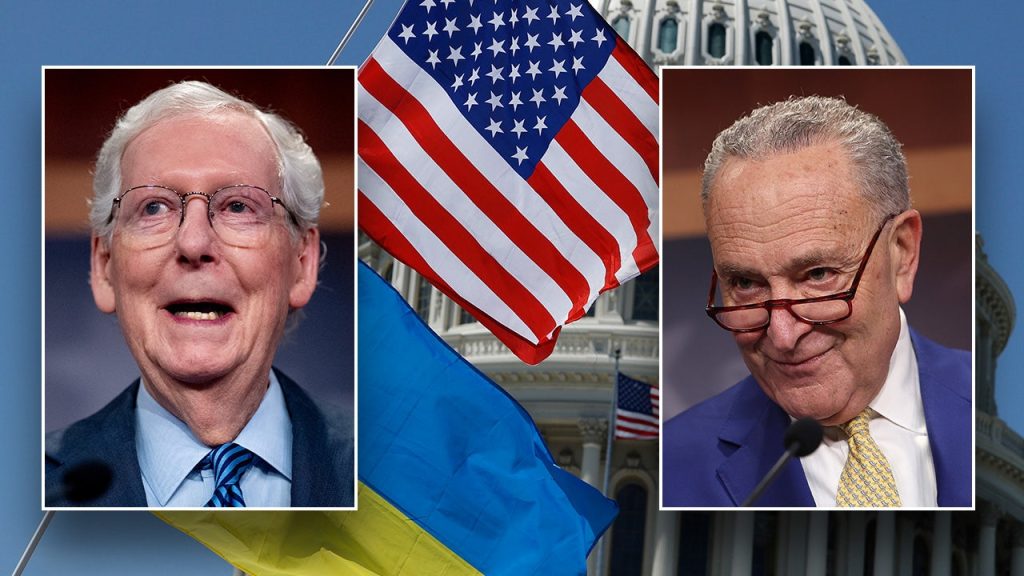A $95 billion aid package with assistance to Ukraine, Israel, and Taiwan passed the Senate on Tuesday night after approval of the House’s adjustments. The package includes measures requiring TikTok to divest from Chinese-owned ByteDance and allowing the transfer of $5 billion in Russian assets to Ukraine. President Biden is expected to sign the additional foreign aid into law. Originally requested in October, the package includes roughly $61 billion to support Ukraine in its conflict with Russia, $26 billion for Israel and humanitarian aid, and nearly $8 billion for the Indo-Pacific and Taiwan.
The Senate passed the package with a vote of 79 to 18, more votes than the previous Senate version had garnered in February. The bill also received significant bipartisan support, with 81 senators voting to invoke cloture. Majority Leader Chuck Schumer and Minority Leader Mitch McConnell both praised the passage of the bill, emphasizing the importance of supporting freedom-loving countries. Prior to the cloture vote, a motion to table an amendment tree that would have blocked other amendments from being considered was narrowly defeated, allowing for consideration of additional amendments.
Sen. Bernie Sanders sought amendments to end unconditional aid to Israel and restore funding to the United Nations Relief and Works Agency (UNRWA), but his amendments were not considered. Sanders criticized the Senate for not allowing a vote on these issues, noting that polls show a majority of Americans want to end U.S. taxpayer support for Israel’s actions against the Palestinian people. Some Republican lawmakers also wanted votes on their amendments, including Sen. Mike Lee, who proposed requiring repayment of the foreign aid loan to Ukraine. If any amendments were passed in the Senate, the bill would be sent back to the House for further consideration.
The aid package also includes provisions targeting TikTok’s Chinese ownership and allowing for the transfer of Russian assets to Ukraine. The funds allocated for various countries and regions aim to support Ukraine’s conflict with Russia, provide humanitarian aid to Israel, and bolster security in the Indo-Pacific and Taiwan. President Biden had requested the supplemental foreign aid in October, and a different version of the package had passed the Senate in February but was not voted on in the House at that time. With the Senate passage of the aid package, the bill now awaits President Biden’s signature before becoming law.













